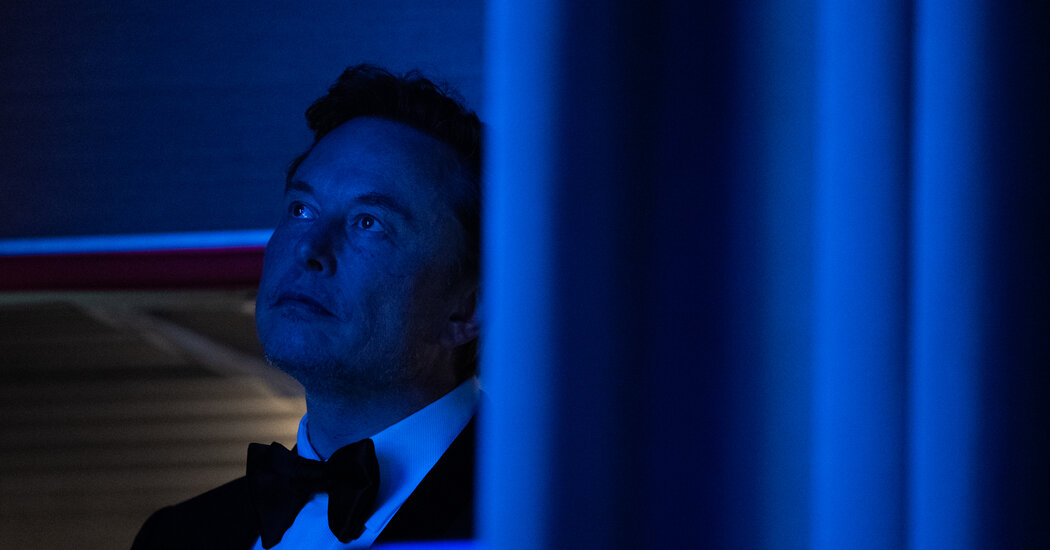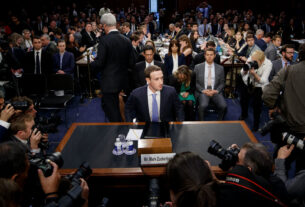As Elon Musk’s geopolitical influence grows because of his closeness to incoming President Donald J. Trump, regulators in Europe have faced questions about whether they would scale down an investigation of X, the social media network that Mr. Musk owns.
On Friday, European Union officials indicated that they were not backing off.
Regulators in Brussels said they would expand an investigation into X for potential violation of a law, called the Digital Services Act, intended to clamp down on online disinformation and illegal content. Officials said they had ordered X to hand over internal documents about the company’s recommendation algorithm, as well as provide access to data that would allow regulators to study the platform’s content moderation policies and understand why material on certain accounts may go viral.
“We are committed to ensuring that every platform operating in the E.U. respects our legislation, which aims to make the online environment fair, safe and democratic for all European citizens,” said Henna Virkkunen, the European Commission’s executive vice president for tech sovereignty, security and democracy.
X did not respond to a request for comment.
The Digital Services Act, passed in 2022, gives regulators wide powers to force social media companies to police their platforms for hate speech, misinformation and illegal content. Companies that do not comply can face fines of up to 6 percent of global revenue.
The European Union started an investigation of X more than a year ago, accusing the company of failing to address illicit content and disinformation. The probe came after Mr. Musk’s dramatically scaled back X’s content moderation policies.
The incremental development announced on Friday has wider significance because it shows that European regulators are pressing ahead despite Mr. Musk’s ties to the incoming Trump administration.
The investigation of X has illuminated a widening trans-Atlantic divide over the issue of free speech. In the United States, the First Amendment provides wide protections for even the most offensive things people can say, and Mr. Musk and Vice President-elect JD Vance have criticized E.U. laws as a form of government censorship. European officials see some restrictions on speech as a necessary way to protect democracy and religious and ethnic minority groups.
More battles loom. Meta, the owner of Facebook and Instagram, is also under investigation for violating the Digital Services Act. Mark Zuckerberg, the company’s chief executive, recently criticized the European Union when announcing that the company would end its fact-checking program in the United States and end some global restrictions on what people can say on issues like immigration and transgender rights.
E.U. officials have not indicated when the investigation of X will conclude. On Friday, regulators ordered the company to preserve internal documents and other information that could be part of the probe until the end of the year.





